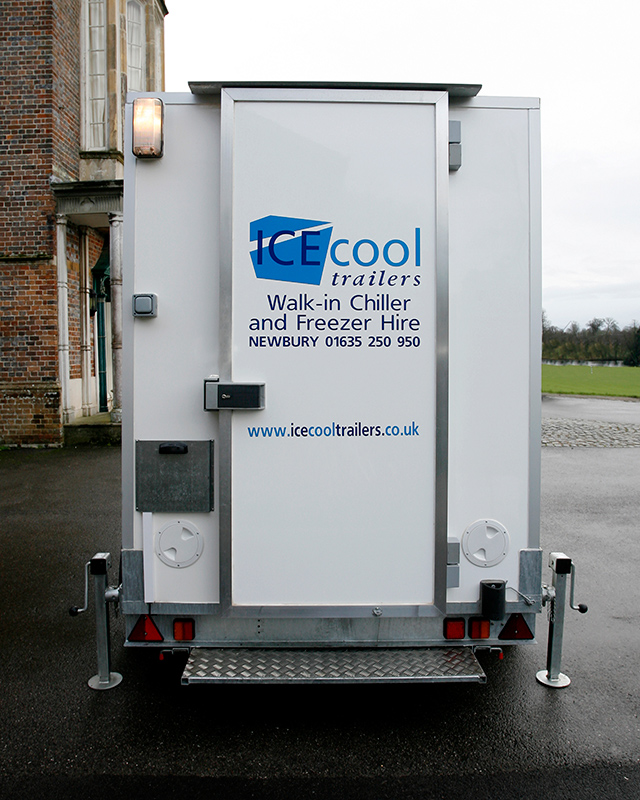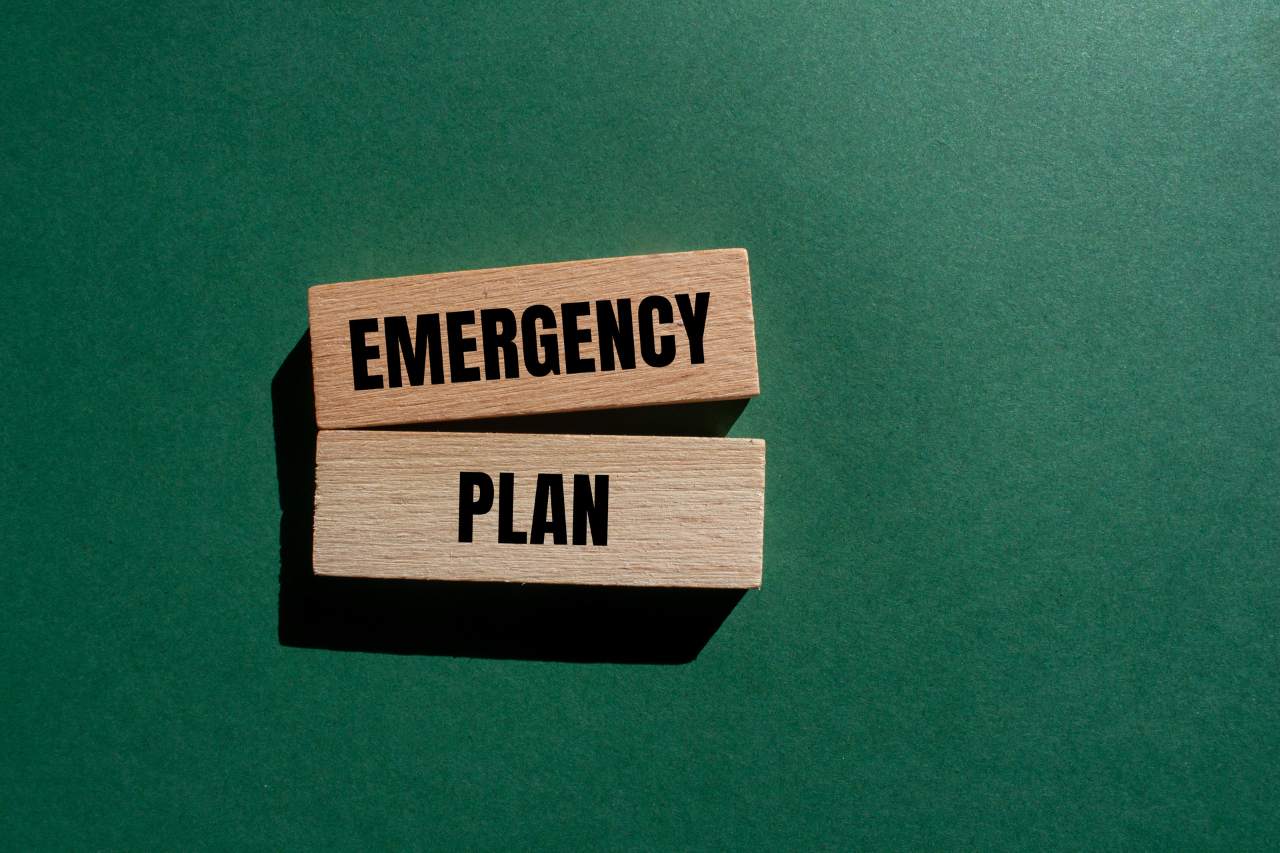Importance of an Emergency Refrigeration Plan

For businesses reliant on refrigeration—such as catering, food retail, and pharmaceuticals—an emergency refrigeration plan is not a luxury but a necessity. Equipment failures, power outages, or unforeseen disasters can lead to spoiled inventory, financial loss, and disrupted operations if you're not prepared.
Creating a robust emergency refrigeration plan ensures you can act quickly, protect valuable stock, and maintain business continuity. Here’s why this plan is vital and how you can implement one effectively.
What Is an Emergency Refrigeration Plan?
An emergency refrigeration plan is a pre-emptive strategy that outlines the steps your business will take to safeguard perishable goods during refrigeration disruptions. It includes identifying backup systems, detailing response procedures, and assigning responsibilities to team members.
This proactive approach ensures your business can handle refrigeration failures with minimal disruption, protecting your stock and reputation.
Why Is an Emergency Refrigeration Plan Important?
The consequences of losing refrigeration can be severe, particularly for businesses that deal with temperature-sensitive goods.
Protecting Inventory
The primary goal of an emergency refrigeration plan is to protect your inventory. Perishable goods, such as food, beverages, and pharmaceuticals, can spoil quickly when exposed to unsuitable temperatures. Having a backup system in place can save you from losing valuable stock.
Minimizing Loss
Spoiled goods not only represent a financial loss but can also lead to waste disposal costs, supply chain delays, and dissatisfied customers. A reliable plan minimizes these risks, keeping your losses to a minimum and ensuring continuity.
Ensuring Business Continuity
A refrigeration failure can disrupt daily operations, damage customer trust, and even halt production. An effective plan ensures your business remains operational, whether you’re serving customers, fulfilling orders, or maintaining critical supplies.
Potential Risks Without an Emergency Plan
Failing to prepare for refrigeration emergencies can leave your business vulnerable to various risks.
Equipment Failures
Even the most well-maintained equipment can fail unexpectedly. Without a plan in place, you may find yourself scrambling to save perishable goods before they spoil.
Natural Disasters
Floods, heatwaves, and storms can cause power outages or damage to your refrigeration units. A contingency plan ensures you’re not caught off guard by these unpredictable events.
Human Error
Sometimes, mistakes happen—an unplugged unit or a miscommunication during peak periods can lead to refrigeration downtime. A clear emergency protocol can mitigate the impact of human error.
Steps to Create an Effective Emergency Refrigeration Plan
Building a robust plan requires careful preparation and collaboration.
Assess Your Needs
Start by evaluating your business’s refrigeration requirements. Identify critical inventory, the storage conditions it needs, and the duration it can remain safe without refrigeration. This information will shape your response plan.
Develop Response Procedures
Create detailed procedures for handling refrigeration failures. Include steps for moving inventory, contacting service providers, and activating backup systems.
Regular Maintenance and Testing
Preventative maintenance is key to reducing the risk of failure. Schedule regular checks for your refrigeration units and test your emergency systems to ensure they function as expected.
Implementing the Plan in Your Business

A well-designed plan is only effective if it’s properly implemented and understood by your team.
Training Employees
Train your staff on their roles and responsibilities within the emergency plan. Clear communication ensures everyone knows what to do in a crisis, reducing confusion and delays.
Collaborating with Refrigeration Services
Partner with a reliable refrigeration service provider that can offer immediate support, such as equipment repair or temporary storage.
Documenting the Plan
Keep your emergency refrigeration plan documented and easily accessible. Include contact details for service providers, procedures for specific scenarios, and a checklist for employees to follow.
Fridge Trailers as Emergency Solution
One of the most effective ways to mitigate refrigeration emergencies is by renting a fridge trailer. These mobile units provide a quick and reliable solution for maintaining the cold chain during unexpected outages.
- Flexibility: Fridge trailers can be deployed quickly, whether you need short-term storage or transport.
- Reliability: Designed to maintain consistent temperatures, these trailers ensure your goods remain safe and usable.
- Cost-Effectiveness: Renting a trailer can save significant costs compared to losing stock or investing in permanent backup systems.
And if you like to see how these trailers can benefit your business, take a look at our blog on how catering businesses use fridge trailers to maximise their operations while ensuring the quality of their perishables.
Final Thoughts
Ultimately, an emergency refrigeration plan is essential for protecting your business from unexpected disruptions. By proactively preparing for potential failures, you can safeguard inventory, minimise financial losses, and maintain operational continuity.
If your business relies on refrigeration, don’t wait for a crisis to strike—plan ahead. And when you need a dependable backup solution, hire a fridge trailer for emergency refrigeration to keep your perishable goods safe and secure.
Got questions? Call 01635 250 950 or send us a message